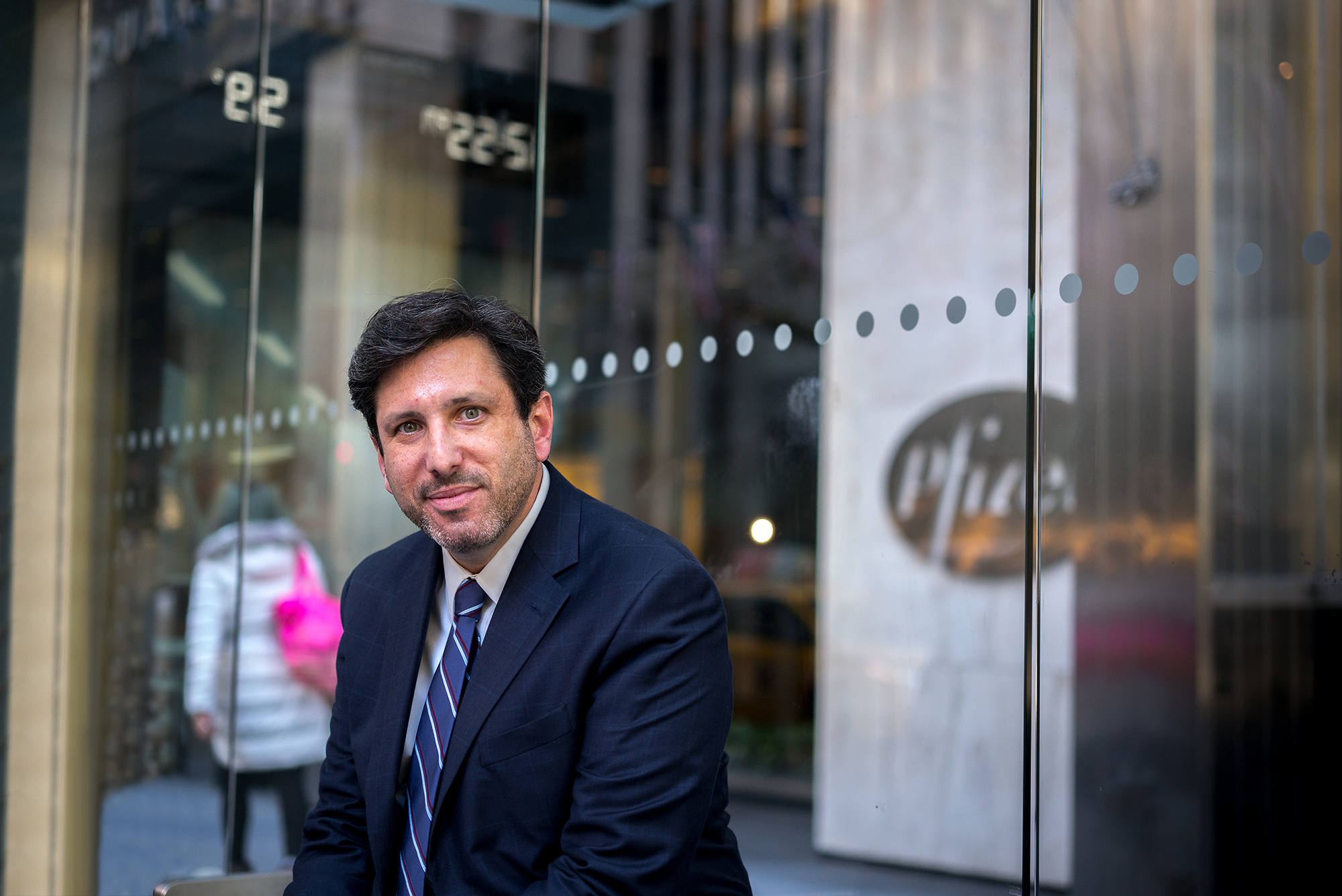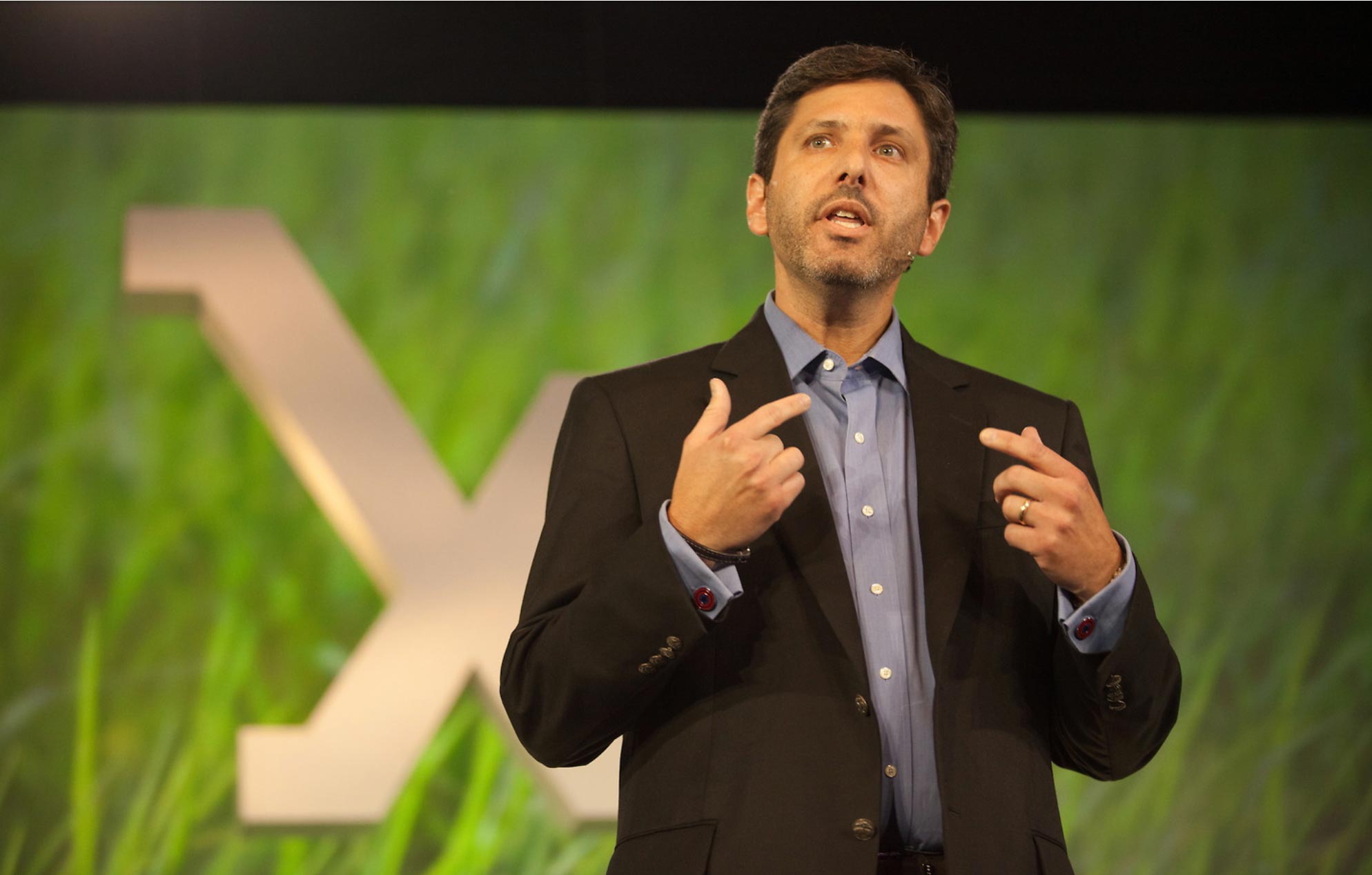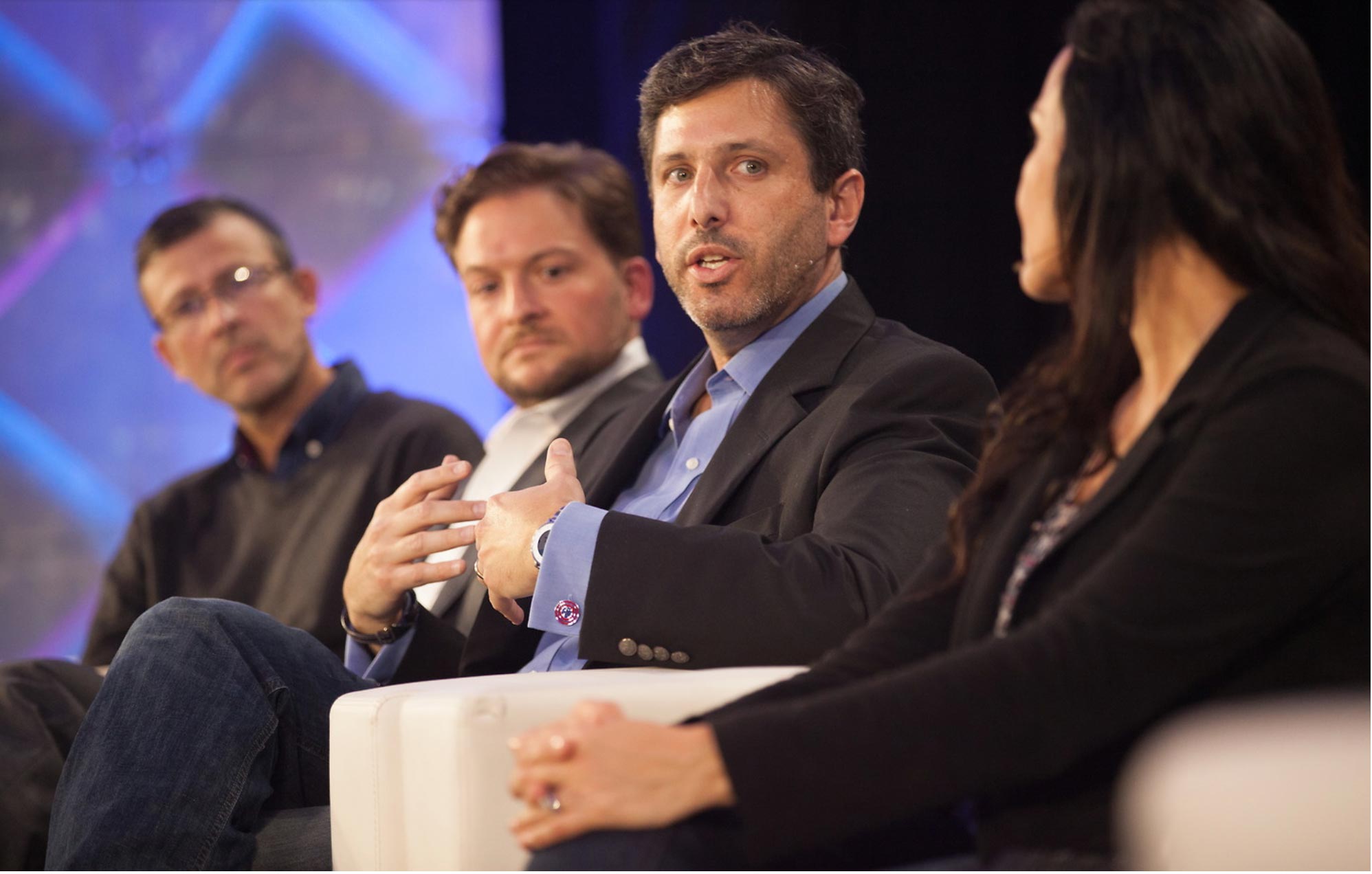

CRAIG LIPSET
A PHARMACEUTICAL INNOVATOR SAW LIFE AS AN EPATIENT, NOW HE
TRANSFORMS CLINICAL RESEARCH THROUGH PATIENT EXPERTISE
TRANSFORMS CLINICAL RESEARCH THROUGH PATIENT EXPERTISE
In 2006, Craig Lipset’s career was flourishing. He was closing in on two decades in drug development and was heading up clinical innovation for Pfizer. He’d celebrated the birth of his second child. Then he started to cough.
The cough went on for several months. It disrupted his sleep. It eroded his quality of life. Finally, after a chest x-ray and CT scans, he was diagnosed with an illness he’d never heard of: pulmonary sarcoidosis.
Lipset read all the medical literature, intent on understanding everything he could about his condition. He kept elaborate spreadsheets that detailed PET Scans, MRIs, lung biopsies and pulmonary function tests. He wanted to know as much as his doctors about his condition. Maybe more.
One day, he had a realization: “Oh my God,” he thought. “I’m an undiagnosed e-patient.”
Being an e-patient transformed Lipset’s already unconventional relationship with medicine. (As a college student, he’d run his campus ambulance service.) It also raised new questions: Clinical trials were often focused around the convenience of investigators. Could they be reshaped around the needs of patients?
From his seat on the board of directors of the Foundation for Sarcoidosis Research, Lipset has seen how daunting it can feel for patients to get the attention of a major pharmaceutical company. At the same time, as a leader at Pfizer, he knows how challenging it can be to engage patient communities.
He and his team at Pfizer are trying to bridge that divide, engaging with patients and leveraging digital tools to improve clinical research. They work with regulators, researchers and patients to find ways to better integrate patients into the entire research process, using wearables, social media and electronic health records. They also try to get patients involved in the planning and design of studies, and are seeking ways research might directly benefit participants.
“Quite honestly,” Lipset says, “the investment that’s required is not huge. This isn’t about building some huge new data platform. This is just getting people to stop and talk.”
He’s also grappling with the complexities of clinical research in the digital age.
What happens, for example, when patients in a blind study find each other online and compare notes?
“I often say I’m not trying to fix all of health care,” he says. “That’s for everyone else at Medicine X. I’m much more humble, modest and narrow. I’m just trying to fix all of clinical research.”




